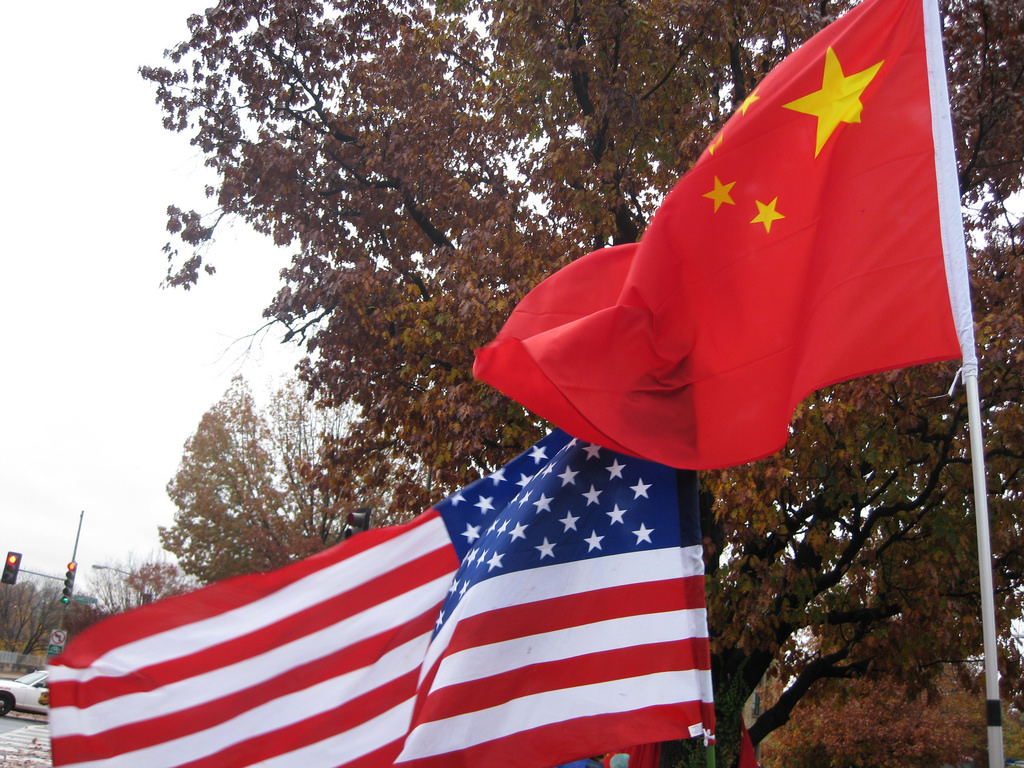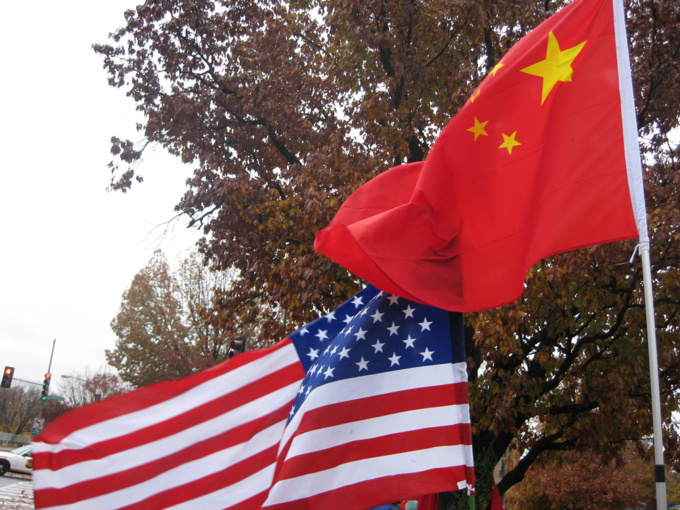In recent weeks, a similar view of the situation spread particularly widely. Klaus Schwab called Xi Jinping a helmsman of globalization at the Davos Forum.
In March 2017, Chile will host a top level meeting of countries – participants in TTP (Trans-Pacific Partnership) negotiations. The list of invitees does not contain the United States, but includes China.
In addition, concept of "North Atlantic" is becoming inoperative in Europe, even in economic terms. Be it an initiative of the Brussels community, or sole decision of each country, but the European states seem to be taking their own "steps into Asia". Even diplomatic countries of Latin America, with the notable exception of Mexico, are looking for opportunities for economic partnership with Beijing. Apparently, they are finding this kind of future more promising than that expected from Trump’s Washington. This insular and individualistic position of the United States must be adding to Chinese economic power, which is not limited by trade only.
Starting from 2013, China has been overtaking the United States and becoming a major trading nation with an index of total imports and exports over four trillion dollars. Its power in the field of foreign direct investment (FDI), financing of the latest developments and intergovernmental loans is becoming increasingly tangible.
So, is China a true "leader of globalization"? Although Chinese now are praising their economic interdependence, not all upper echelons of power in Beijing like the idea to take over the organizational duties in respect of the new world system.
Globalization of China itself, except for the economy, is not easy, and the country is not a "role model". Chinese themselves are well aware of this. China is a spectator rather than a doer in the collective system of peace and security. The country allocates not much of troops or resources for peace-keeping missions, organized by the UN Security Council. At the time, China is in no hurry to promote reform of modernization of permanent members of this elite body of multilateral diplomacy.
Even simple comparison with the United States demonstrates the chasm separating them. An average American spends annually on defense eighteen times more than an average Chinese.
Besides, to lead the globalization means to defend ideals and models of "universal character". Could we imagine that China is heading negotiations on transnational standardization of practices in areas such as intellectual property, environment or public procurement? Many countries are obviously captivated by trajectory of China's economic growth. The Chinese model is vivid, yet is not reproducible in other national contexts.
No one doubts superiority of China, and its relative strength in the coming years is likely to continue to grow. Yet, Chinese magic remedy is just a "grand strategy" for its own benefit. To be world leaders, the Chinese need to know not only what they want from the world, but also what they can give to the world.
source: folha.uol.com.br
In March 2017, Chile will host a top level meeting of countries – participants in TTP (Trans-Pacific Partnership) negotiations. The list of invitees does not contain the United States, but includes China.
In addition, concept of "North Atlantic" is becoming inoperative in Europe, even in economic terms. Be it an initiative of the Brussels community, or sole decision of each country, but the European states seem to be taking their own "steps into Asia". Even diplomatic countries of Latin America, with the notable exception of Mexico, are looking for opportunities for economic partnership with Beijing. Apparently, they are finding this kind of future more promising than that expected from Trump’s Washington. This insular and individualistic position of the United States must be adding to Chinese economic power, which is not limited by trade only.
Starting from 2013, China has been overtaking the United States and becoming a major trading nation with an index of total imports and exports over four trillion dollars. Its power in the field of foreign direct investment (FDI), financing of the latest developments and intergovernmental loans is becoming increasingly tangible.
So, is China a true "leader of globalization"? Although Chinese now are praising their economic interdependence, not all upper echelons of power in Beijing like the idea to take over the organizational duties in respect of the new world system.
Globalization of China itself, except for the economy, is not easy, and the country is not a "role model". Chinese themselves are well aware of this. China is a spectator rather than a doer in the collective system of peace and security. The country allocates not much of troops or resources for peace-keeping missions, organized by the UN Security Council. At the time, China is in no hurry to promote reform of modernization of permanent members of this elite body of multilateral diplomacy.
Even simple comparison with the United States demonstrates the chasm separating them. An average American spends annually on defense eighteen times more than an average Chinese.
Besides, to lead the globalization means to defend ideals and models of "universal character". Could we imagine that China is heading negotiations on transnational standardization of practices in areas such as intellectual property, environment or public procurement? Many countries are obviously captivated by trajectory of China's economic growth. The Chinese model is vivid, yet is not reproducible in other national contexts.
No one doubts superiority of China, and its relative strength in the coming years is likely to continue to grow. Yet, Chinese magic remedy is just a "grand strategy" for its own benefit. To be world leaders, the Chinese need to know not only what they want from the world, but also what they can give to the world.
source: folha.uol.com.br



















